Ok, we all know we should eat more fruits and vegetables for better health but when it comes to immunity, what we eat and what we supplement with, (along with how we live) can really make an enormous difference in our body's ability to stay healthy. Read on for just some of the key foods you should include in your diet for optimal immunity. Missed our Boost Immunity Fast-Part 1 CLICK HERE
- SPINACH We could all learn a thing or two form Popeye and start incorporating more spinach in our diets...not just because it makes a body string, but because it’s rich in vitamin C and packed with numerous antioxidants and beta carotene, which may both increase the infection-fighting ability of our immune systems. Similar to broccoli, spinach is healthiest when it’s cooked as little as possible so that it retains its nutrients. That said, light cooking makes it easier to absorb the vitamin A and allows other nutrients to be released from oxalic acid, an antinutrient. Having a hard time getting enough greens in daily? This is the greens supplement my whole family takes. (use code: mybestme for potential discount)
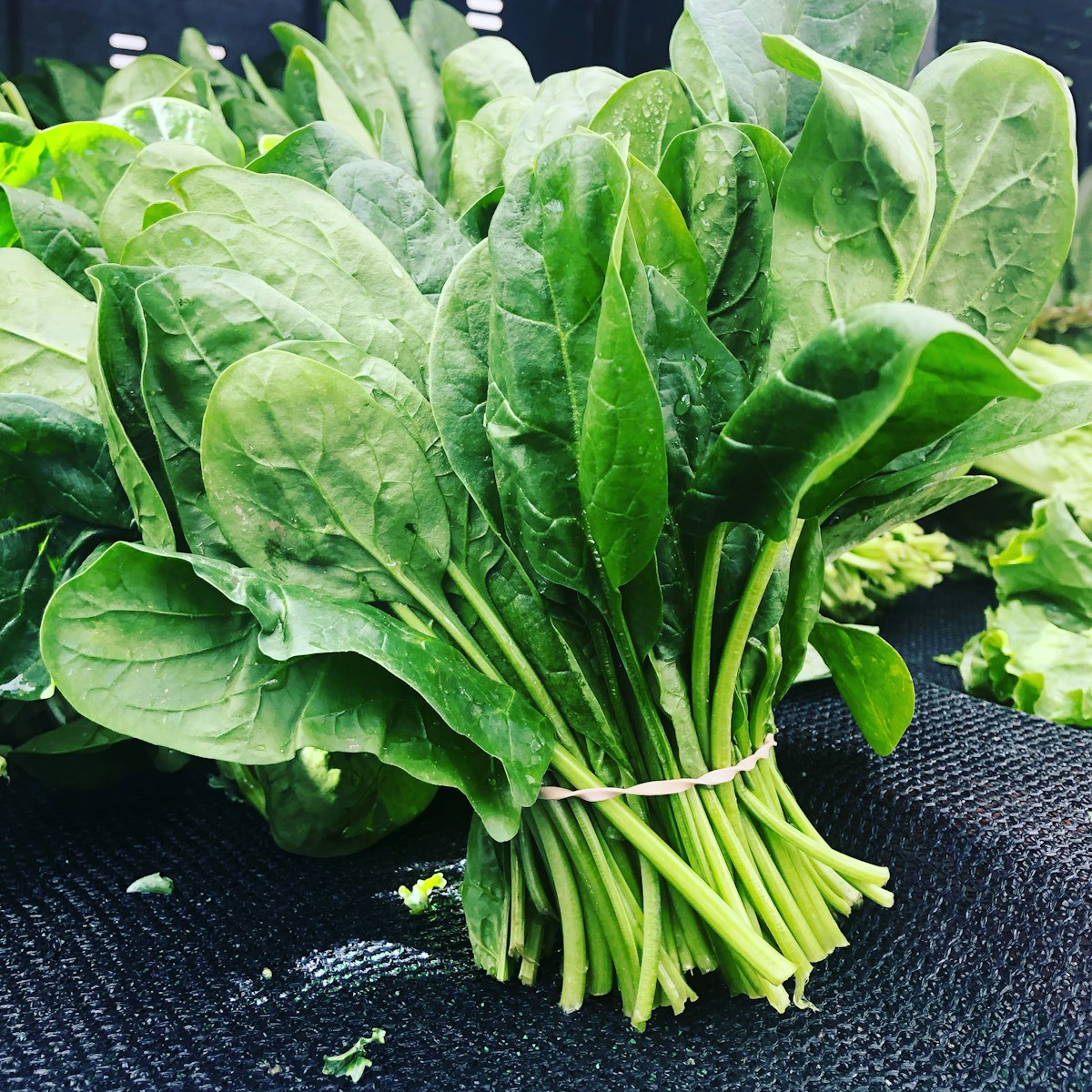
2. PAPAYA
Papaya is loaded with vitamin C. You can actually find the daily recommended amount of vitamin C in a single medium fruit. They also have a digestive enzyme called papain that has anti-inflammatory effects. Papayas have decent amounts of potassium, magnesium, and folate, all of which are beneficial to your overall health. This is a common ingredient in digestive enzyme supplements, skin exfoliating products and natural pain creams. Not a huge fruit fan? You can supplement with this organic, concentrated bio fruit drink. It's the one my family drinks. I swear by it for healthy skin, immunity and more. Use code: Mybestme for this one too.
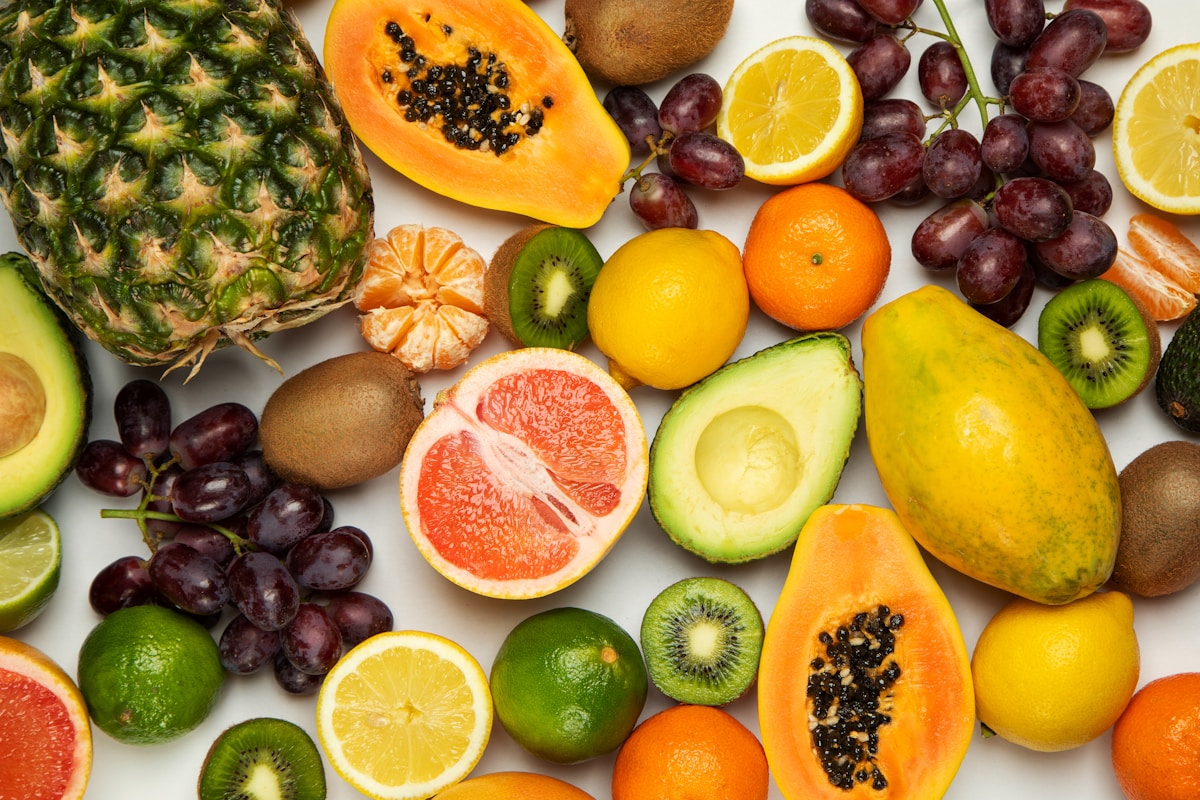
3. KIWI
Just like papayas, kiwis are loaded with a ton of essential nutrients, including folate, potassium, vitamin K, and vitamin C. Vitamin C boosts the white blood cells to fight infection, while kiwi’s other nutrients keep the rest of your body functioning properly. eating a 2 small kiwi fruits will also give you more potassium than a banana with less sugar.
4. POULTRY
It's not just an old wives tale. When you’re sick and you reach for chicken soup, it’s more than just the placebo effect that makes you feel better. The soup has been shown to help lower inflammation, which could improve symptoms of a cold.
Poultry, such as chicken and turkey, is high in vitamin B-6. Just 3 ounces of light turkey or chicken meat contains about one-third of your daily recommended amount of B-6 and many of the natural chemical reaction taking place in your body require B-6. It’s also vital to the formation of new and healthy red blood cells. Stock or bone broth made by boiling chicken bones contains gelatin, chondroitin, and other nutrients helpful for gut healing and immunity.
*TIP-The next time you pick up a roaster chicken, simmer the bones and make your own bone broth. I simmer them for days and then freeze some in ice cube trays to pop out and place in a storage bag in the freezer to cook with and add flavor and nutrition to dishes as well as make killer soup! In fact, I keep home-made chicken soup in the freezer at home and work at all times for the first sign of a cold.
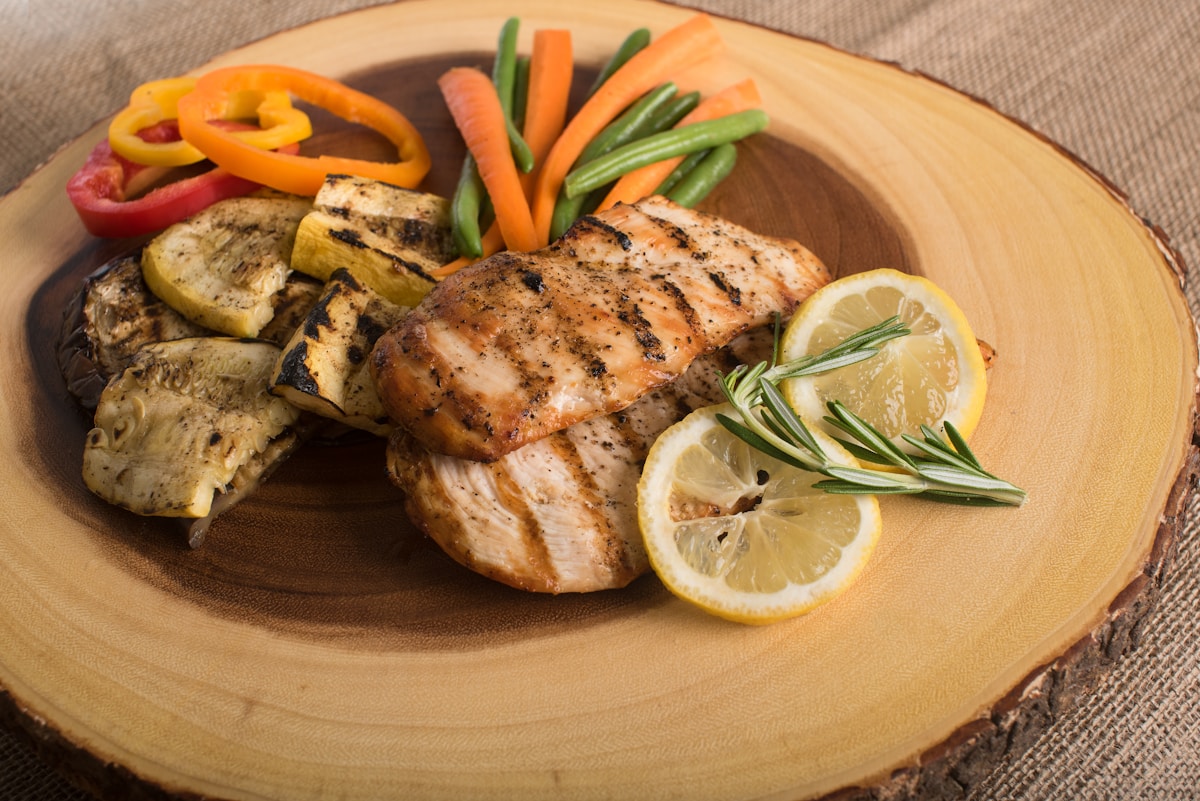
5. GREEN TEA
Green and black teas are both packed with flavonoids, a type of antioxidant, but where green tea really excels is in its levels of epigallocatechin gallate (EGCG), another powerful antioxidant.
Studies on EGCG have shown to enhance immune function. The fermentation process black tea goes through destroys a lot of the EGCG but Green tea is steamed and not fermented, so the EGCG is preserved.
Green tea is also a good source of the amino acid L-theanine. L-theanine may aid in the production of germ-fighting compounds in your T cells.
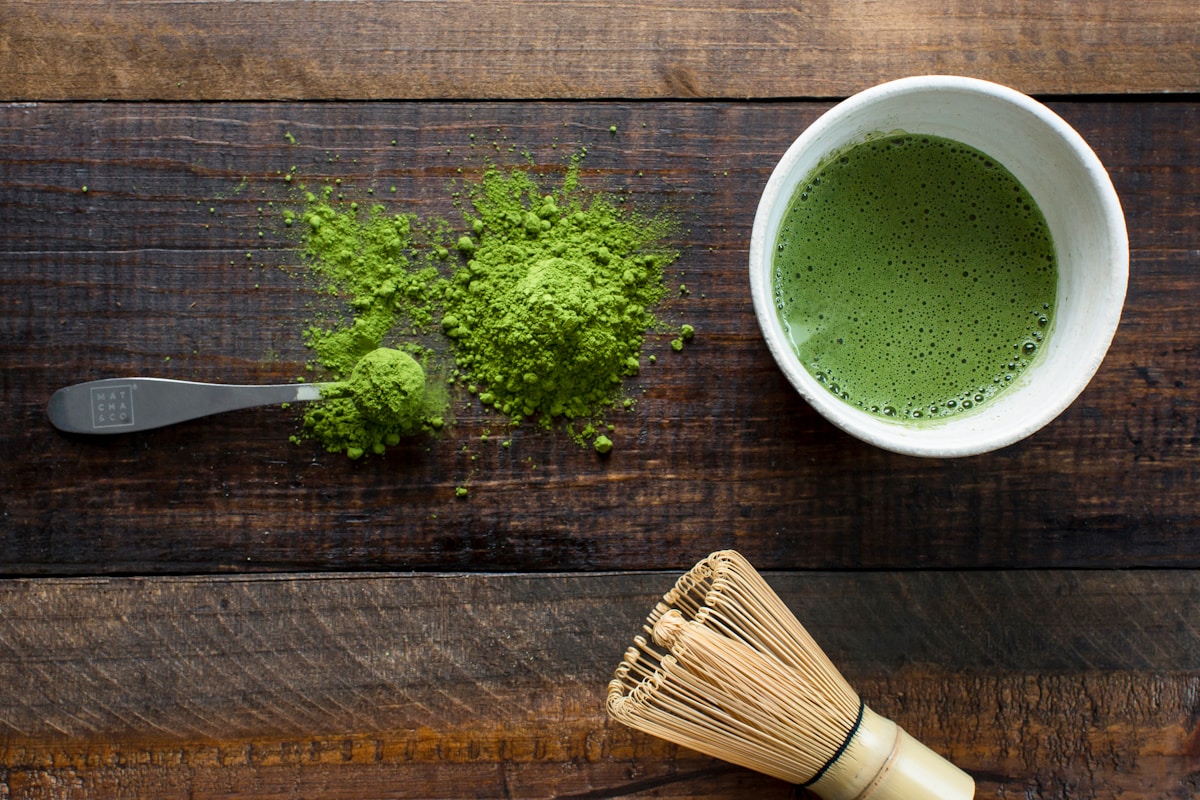
6. SHELLFISH
Ok, this one will be a surprise. Shellfish isn’t what jumps to boost your immune system, but some types of shellfish are packed with zinc.
Zinc doesn’t get as much attention as many other vitamins and minerals, but our bodies need it so that our immune cells can function as intended.
Varieties of shellfish that are high in zinc include:
oysters
crab
lobster
mussels
It's not recommended to exceed the daily recommended amount of zinc in your diet:
11 mg for adult men
8 mg for most adult women
Too much zinc can actually inhibit immune system function.

7. CITRUS FRUITS
Most people turn straight to vitamin C after they’ve caught a cold. That’s because it helps build up your immune system.
Vitamin C is thought to increase the production of white blood cells, which are key to fighting infections
Almost all citrus fruits are high in vitamin C. With such a variety to choose from, it’s easy to add a squeeze of this vitamin to any meal.
Popular citrus fruits include:
grapefruit
oranges
clementines
tangerines
lemons
limes
Because your body doesn’t produce or store it, you need daily vitamin C for continued health. The recommended daily amount for most adults is:
75 mg for women
90 mg for men
Your body doesn't absorb large amounts of Vitamin C all at once so taking no more than 500mg-1000mg at a time is recommended.
Also keep in mind that while vitamin C might help you recover from a cold quicker, there's only annecdotal evidence that it’s effective against the new coronavirus, SARS-CoV-2. Vitamin A in combination with C is also potentially helpful. I recommend this Vitamin C(use code: Mybestme) and this Vitamin C. These are the two I actually take.

8. RED BELL PEPPERS
Think citrus fruits have the most vitamin C, think again. Ounce for ounce, red bell peppers contain almost 3 times as much vitamin C (127 mg) as a Florida orange (45mg.). They are also a rich source of beta carotene.
Vitamin C has been shown to help maintain healthy skin too. Beta carotene, which your body converts into vitamin A, helps keep your eyes and skin healthy.
9. GINGER
Ginger is another ingredient many turn to after getting sick. It can help decrease inflammation, which can help reduce a sore throat and inflamed joints and sinuses. Ginger is also used to help with nausea during pregnancy and sickness
While it’s used in many sweet desserts, ginger packs some heat in the form of gingerol, a relative of capsaicin and may also decrease chronic inflammatory issue. It may even possess cholesterol-lowering properties. I buy pickled ginger(like you get with sushi) and often willl supplement with this ginger supplement. I also like this supplement
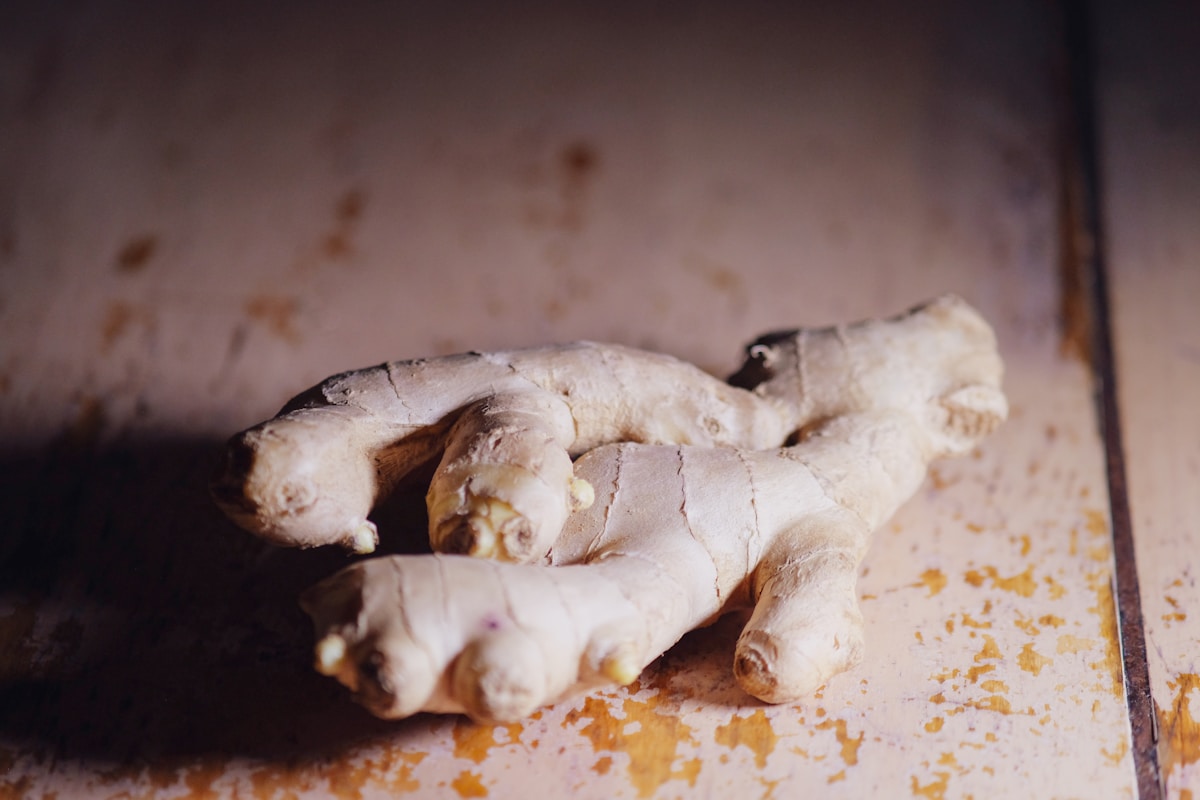
10. GARLIC
Found in almost every cuisine in the world, garlic can add a little zing to food and it’s a must-have for your health.
Early civilizations recognized its value in fighting infections. Garlic may also slow down hardening of the arteries, and there’s some evidence that it helps lower blood pressure.
A heavy concentration of sulfur-containing compounds, such as allicin give garlic it’s immune-boosting properties.
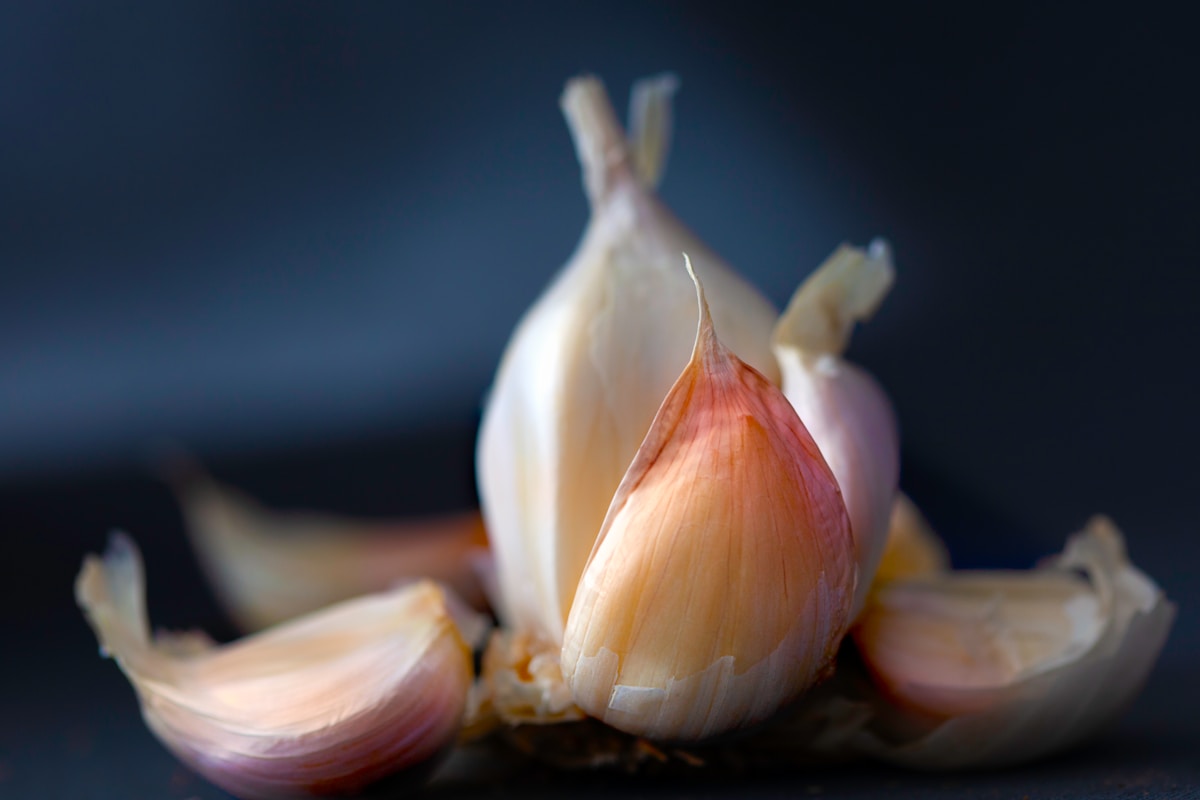
11. BROCCOLI
Broccoli is a serious super food, supercharged with vitamins and minerals. Packed with vitamins A, C, and E, as well as fiber and many other antioxidants, broccoli is one of the healthiest vegetables you can put on your plate.
The key to keeping its power intact is to cook it as little as possible — or better yet, not at all. Steaming is the best way to keep more nutrients in the food. And for those who have difficuty digesting this vegetable, try steaming or including the raw version in a smoothie.

12. YOGURT
You want yogurts that have the phrase “live and active cultures” printed on the label, like Greek yogurt to stimulate your immune system to help fight diseases.
Try to get plain yogurts rather than the kind that are flavored and loaded with sugar. You can sweeten plain yogurt yourself with healthy fruits and a drizzle of honey instead.
*Tip-I like a bit of stevia and fresh fruit. Making it the night before you want to eat it helps the stevia's sweetness unfold fully and prevents any bitterness. A little goes a long way but this is a great way to reduce sugar but still be satisfying. I also use plain greek yogurt in place of sour cream. This provides addional protein too!
Yogurt can also be a great source of vitamin D, so try to select brands fortified with this vitamin. Vitamin D helps regulate the immune system boosting your body’s natural defenses against diseases. Clinical trials are even in the works to study its possible effects on COVID-19.
Most people think probiotics when they eat yogurt and yes yogurt does contain them but they are limited in the strains. For best results from probiotics and when taking a supplement, look for at least 7 different strains. The one we like and take is this one. ( Code: Mybestme)
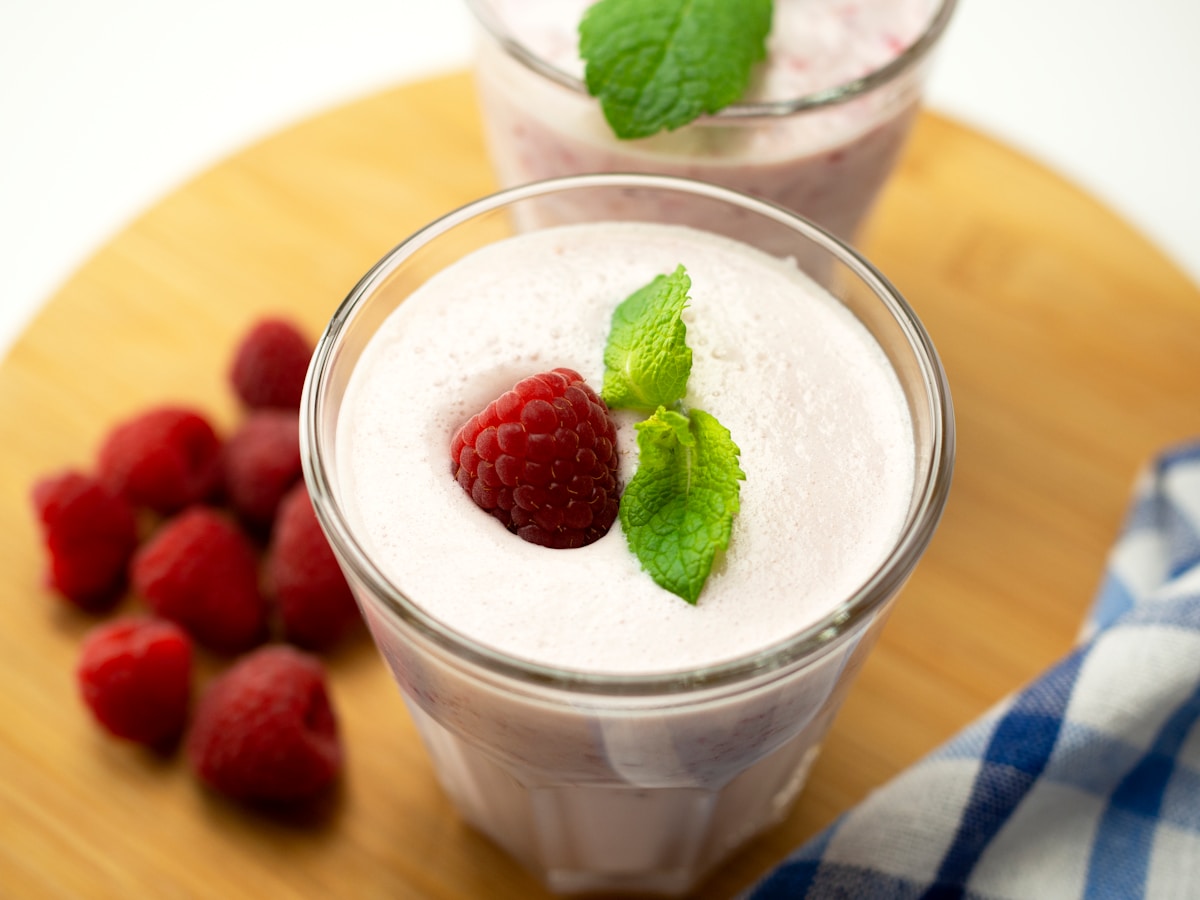
13. ALMONDS
Vitamin E tends to take a backseat to vitamin C when it comes to preventing and fighting off colds, However, this powerful antioxidant is key to a healthy immune system.
Vitamin E is a fat-soluble vitamin, which means it requires the presence of fat to be absorbed properly. Nuts, such as almonds, are packed with the vitamin and also have healthy fats.
We only need about 15 mg of vitamin E each day which is a half-cup serving of almonds, (about 46 whole, shelled almonds)
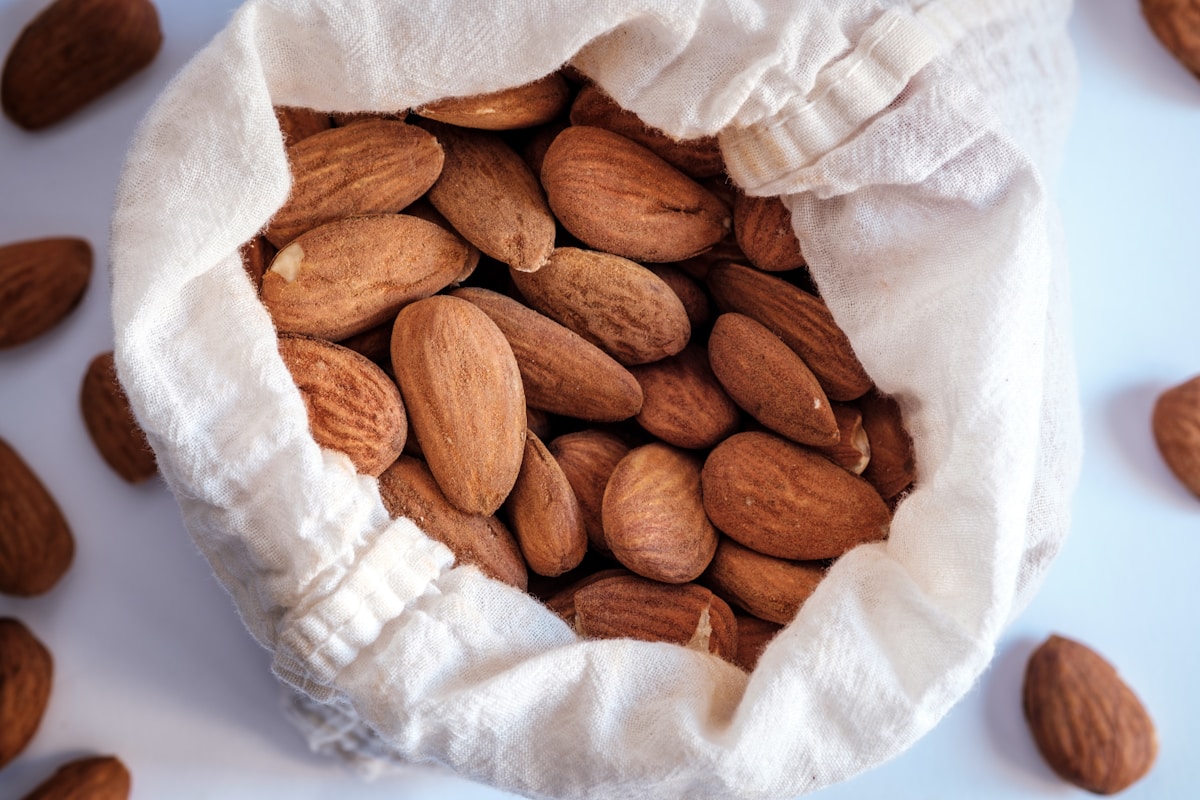
14. TURMERIC
You may know turmeric as a key ingredient in many curries but this bright yellow, bitter spice has also been used for years as an anti-inflammatory in treating both osteoarthritis and rheumatoid arthritis.
Research shows that high concentrations of curcumin, which gives turmeric its distinctive color, can help decrease exercise-induced muscle damage. Curcumin has promise as an immune booster and an antiviral as well. CLICK HERE for the Turmeric I take and recommend.
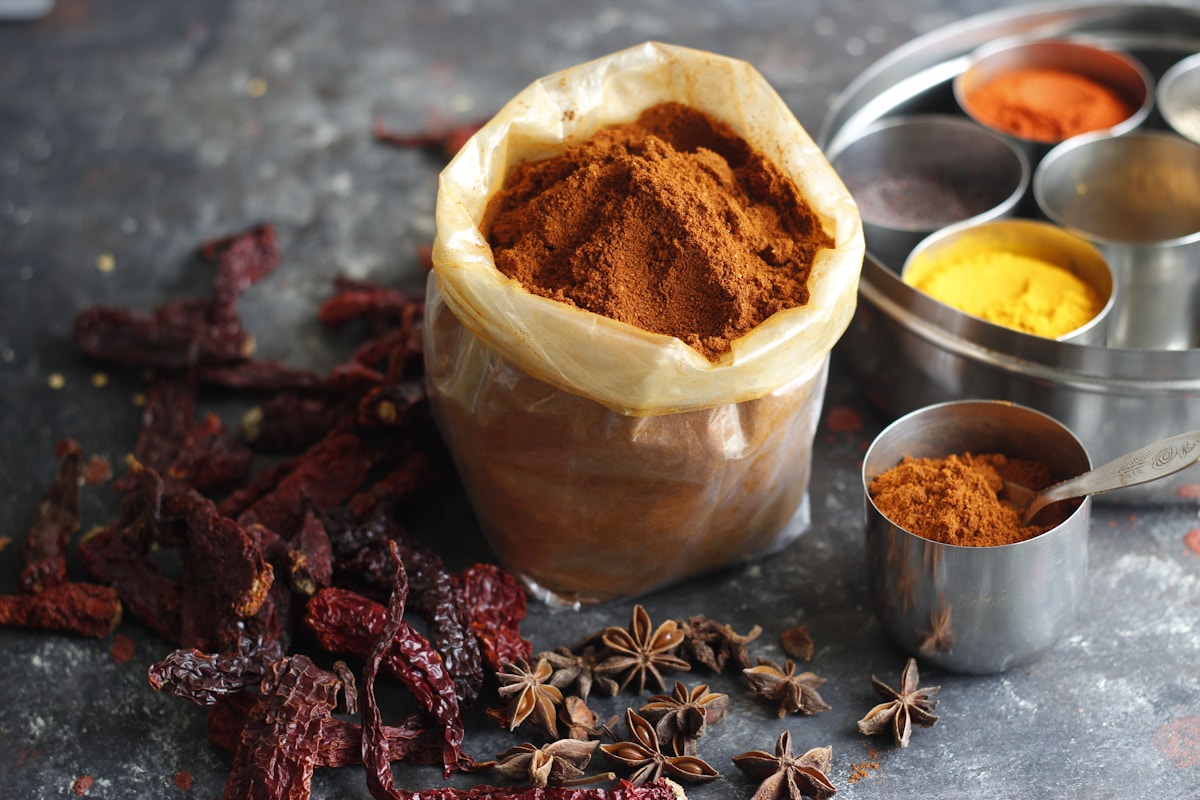
15. SUNFLOWER SEEDS
Sunflower seeds are full of nutrients, including phosphorous, magnesium, and vitamins B-6 and E.
Vitamin E is important in regulating and maintaining immune system function. Other foods with high amounts of vitamin E include avocados and dark leafy greens.
Sunflower seeds are also incredibly high in selenium. Just 1 ounce contains nearly halfTrusted Source the selenium that the average adult needs daily. A variety of studies, mostly performed on animals, have looked at its potential to combat viral infections such as swine flu (H1N1).

*As with all of our education, information and inspiration, we recommend that you research any suggestions you choose to implement. You do so strickly by your choice. When in doubt, consult a physician or appropriate professional. Your health and well-being are in your hands. Thank you for letting us be a part of your journey.
